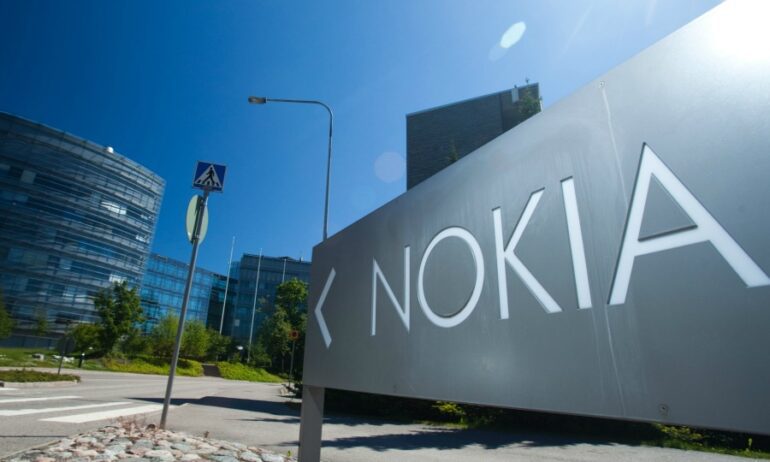TL;DR:
- Nokia commits €360 million investment in Ulm and Nuremberg technology centers.
- Emphasis on microelectronic tech for 6G and AI, enhancing power and energy efficiency.
- Part of a four-year European IPCEI project targeting competitive software, hardware, and high-performance systems-on-chips.
- Aligning with European Green Deal objectives and collaborating with research institutes.
- Nokia’s president highlights the significance of ‘Made in Germany’ technology.
- The investment follows challenging Q3 2023 sales results and workforce reduction plans.
- The IPCEI project is a joint venture with the German Federal Ministry of Economics and regional states.
Main AI News:
Nokia, a global technology leader, is committed to a substantial €360 million investment in its Ulm and Nuremberg technology centers. The primary focus of this investment is the advancement of microelectronic technologies that will play a pivotal role in the upcoming 6G era and the flourishing field of artificial intelligence. Simultaneously, Nokia aims to enhance both power and energy efficiency as part of this groundbreaking initiative.
Under the umbrella of the European IPCEI (Important Projects of Common European Interest) program, the Ulm and Nuremberg facilities have been entrusted with a crucial mission. Over the next four years, their task is to spearhead the development of competitive software, hardware, and high-performance systems-on-chips firmly rooted in the evolving 5G-Advanced and future 6G standards. These advancements will not only keep Nokia at the forefront of innovation but also align with the European Green Deal’s climate objectives.
Nokia is collaboratively engaging with esteemed research institutes and universities to accelerate the journey toward greater energy efficiency in forthcoming technological innovations. By combining forces with key stakeholders, Nokia is determined to shape a sustainable and technologically advanced future.
Tommi Uitto, President of Mobile Networks at Nokia, emphasized the company’s dedication to pioneering microelectronics that will fuel groundbreaking technologies like 6G, artificial intelligence, and the metaverse. Additionally, Nokia aims to develop networks that are not only more energy-efficient but also remarkably potent. In Mr. Uitto’s words, “Germany is an important market for Nokia, and we look forward to working with the government to produce cutting-edge technology that is ‘Made in Germany’.”
This strategic decision to align with 5G-Advanced and 6G standards comes in the wake of Nokia’s challenging Q3 2023 sales performance, which necessitated workforce reductions of up to 14,000 employees by the end of 2026. Factors contributing to this decision include waning interest and sales of its next-generation 5G equipment, as well as a substantial 40 percent decline in US sales during the third quarter. These cost-cutting measures are vital to ensure the company’s resilience in a competitive market landscape.
The IPCEI project is a collaborative effort involving Nokia, the German Federal Ministry of Economics and Climate Protection (BMWK), and the German states of Baden-Württemberg and Bavaria. This partnership underscores Nokia’s commitment to driving innovation and fostering technological advancements in Germany, contributing to the nation’s growth and competitiveness on a global scale.
Conclusion:
Nokia’s substantial investment in microelectronics for 6G and AI, coupled with a focus on energy efficiency, demonstrates its commitment to innovation and sustainability. This move positions Nokia to play a significant role in shaping the future of technology, aligning with European Green Deal goals. Despite recent sales challenges, this strategic investment underscores Nokia’s determination to remain a key player in the market, particularly in Germany, strengthening its competitive edge and advancing technological progress.

